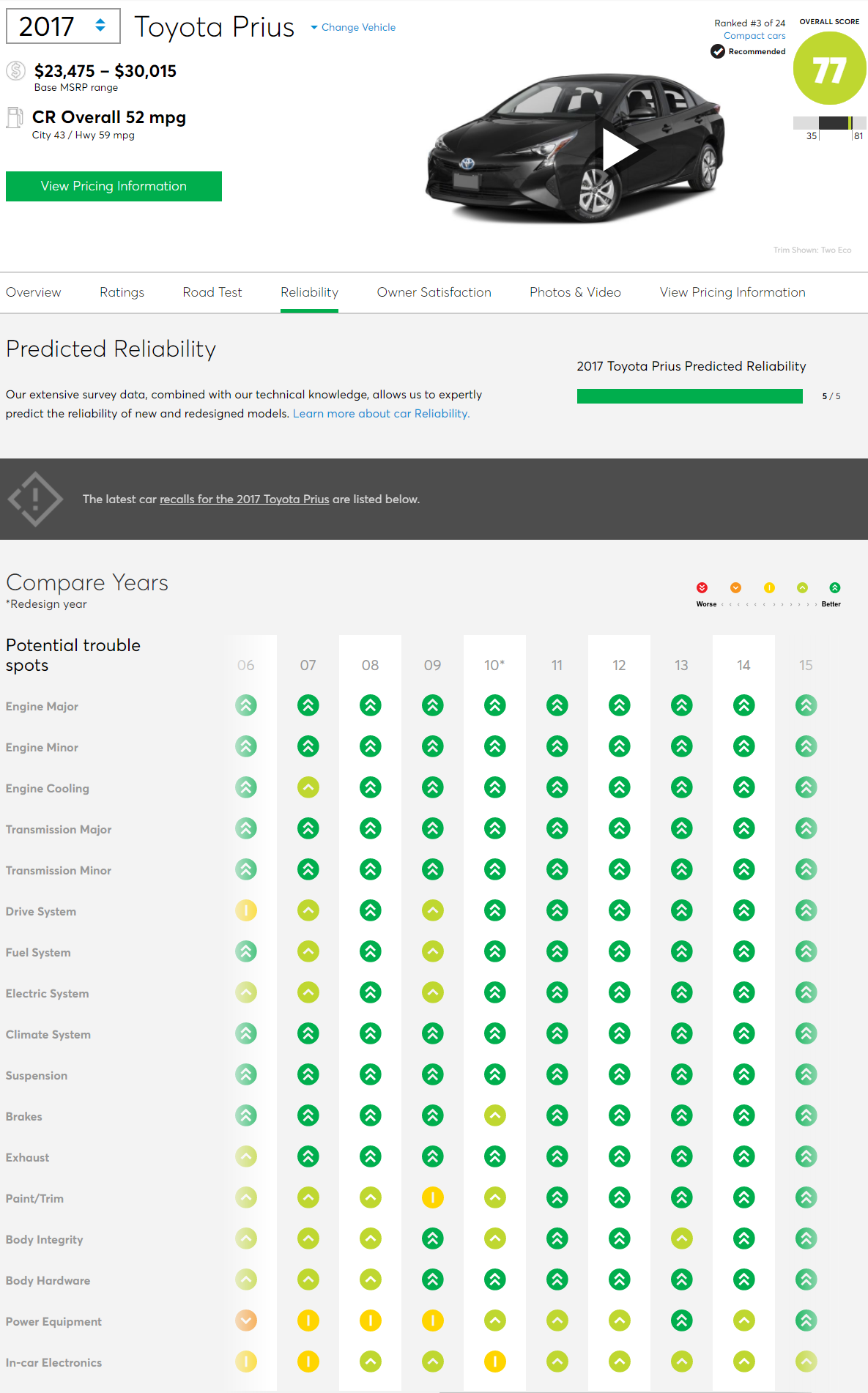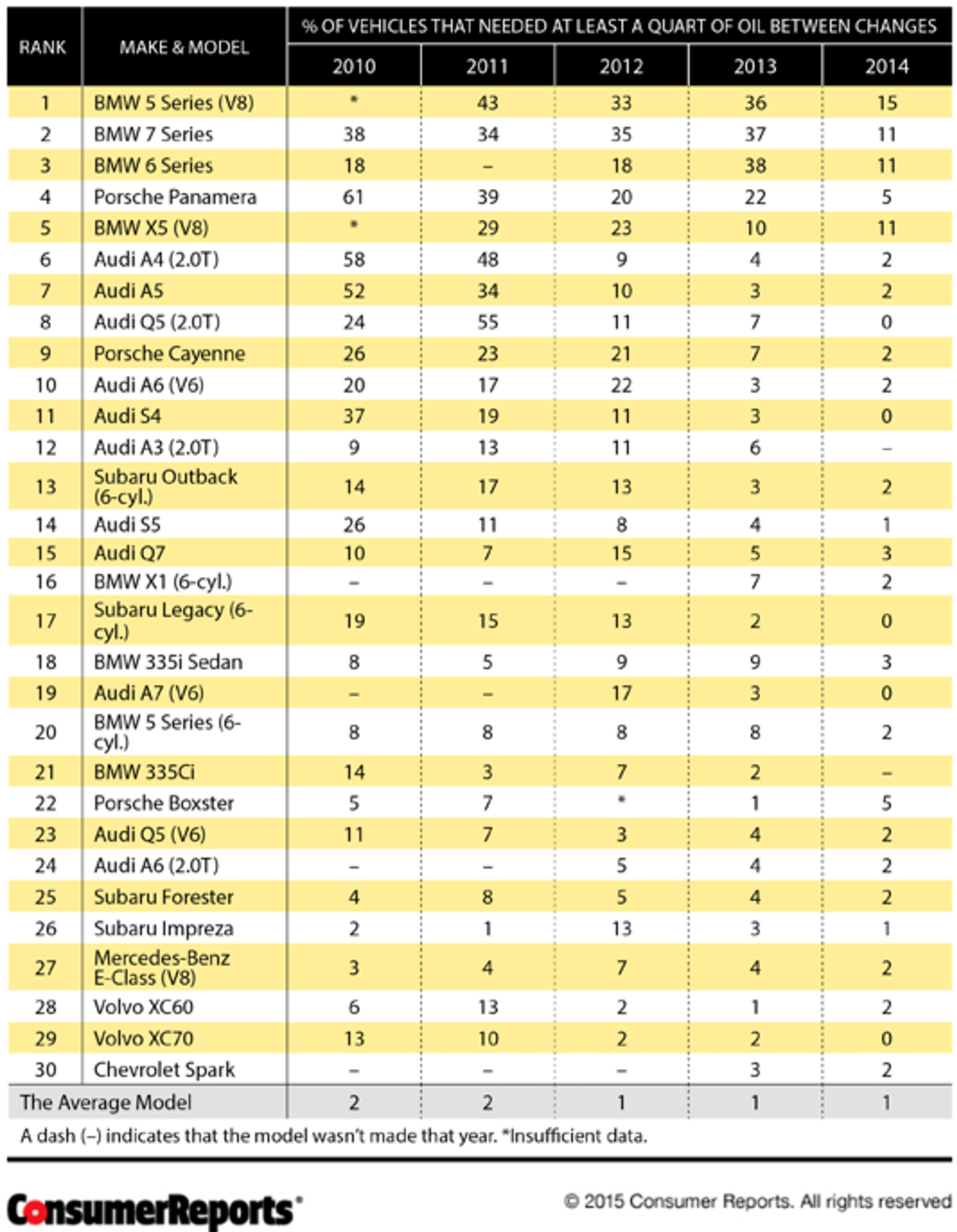Originally Posted By: SR5
Originally Posted By: igs
Originally Posted By: Shannow
Originally Posted By: igs
These thin oils were initially made for hybrid engines where the gas motor would constantly start and stop never reaching full operating temperature.
No they weren't
Honda Insight
Penrite 10-Tenths Racing 0W20
http://www.penriteoil.com.au/products/categories/racing/racing-0w-20-100-pao-ester
lol 0W oils didn't even exist at that time.
Originally Posted By: igs
Originally Posted By: Shannow
Originally Posted By: igs
These thin oils were initially made for hybrid engines where the gas motor would constantly start and stop never reaching full operating temperature.
No they weren't
Honda Insight
Penrite 10-Tenths Racing 0W20
http://www.penriteoil.com.au/products/categories/racing/racing-0w-20-100-pao-ester
lol 0W oils didn't even exist at that time.






